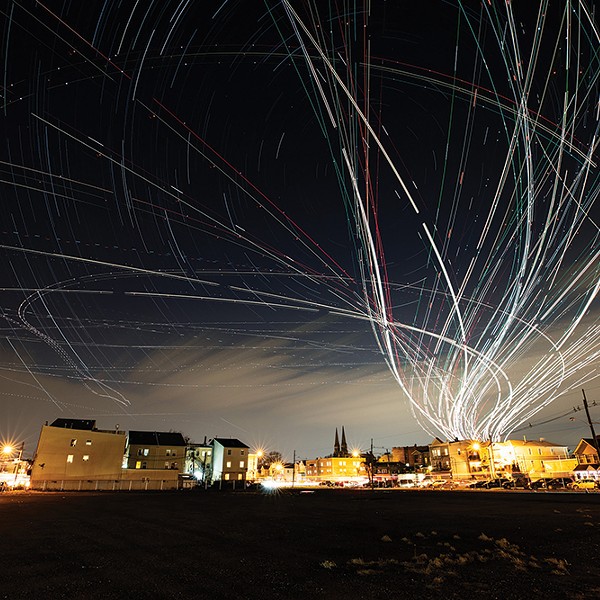
Across eras and cultures, harsh lessons have been considered essential to manhood: physical discipline, emotional suppression, competition. Larry Winters learned well, becoming a United States Marine during the Vietnam War, when that notion of manhood was being widely (and often unkindly) questioned.
Fifty-eight thousand young soldiers never came back from that journey. A hundred thousand more have since died by their own hands—and who can count the collateral damage to relationships and dreams? We still live in a nation where conditioning a dog to fight gets you jail time, while doing the same to humans is considered honest work. Now, with two wars in progress, the government still debates whether those who admit to suffering emotionally are “really wounded,” and thus deserving of disability checks and medals.
As for Winters, though far from unscathed, he managed to combine introspection and passion and become a psychologist, a journey he chronicles in The Making and Unmaking of a Marine (Millrock Writers Collective, 2007). His new play, “Nothing Means Nothing,” “addresses many of the hidden questions of veterans’ lives.” Within those “hidden questions,” true healing may lurk; Winters offers the outlines of a map and a loving heart to light the path.
The Pentagon just decided not to award the Purple Heart to post-traumatic stress disorder (PTSD) sufferers, saying that PTSD “is not a wound intentionally caused by the enemy, but a secondary effect caused by witnessing or experiencing a traumatic event.”
Dollars and semantics. Did the government “intentionally” send troops into war? Do they “intentionally” hide wounded and dead veterans returning under the cover of night? Does the Pentagon “intentionally” create a network of bureaucratic chaos that no sane human being can navigate, preventing many from receiving deserved benefits? Is it “intentional” that we isolate veterans in VA hospitals and don’t face the results of war in our civilian waiting rooms?
Where the hell did those traumatic events come from, if not an enemy? I wonder how many of those Pentagon decision makers would like to personally experience the “secondary effect caused by witnessing or experiencing a traumatic event” and have it discounted?
What should the government do, then, to honor and reward its warriors?
Abraham Lincoln said, “With malice toward none, with charity for all, with firmness in the right as God gives us to see the right, let us strive on to finish the work we are in, to bind up the nation’s wounds, to care for him who shall have borne the battle and for his widow and his orphan, to do all which may achieve and cherish a just and lasting peace among ourselves and with all nations.” He acknowledged the obligation to heal returning soldiers, which would in turn heal society.
This obligation is unending and goes beyond parades, VA hospitals, and military medals. Only when we match our soldiers’ commitment to go to war with willingness to help heal them will we begin to stop their suicides, their self-medicating addictions, their spilling of rage in domestic violence, their self destruction.
PTSD: mental illness, or natural reaction to huge, continual tidal waves of soul-raping adrenalin?
I believe PTSD symptoms are the normal reactions to trauma. The responsibility for the illness needs to be on society, not in the individual who’s been sent to war.
PTSD devastates soldiers after they return because we no longer understand that honor is the only way to help them heal. A parade, a pat on the back, and we expect the same person back. When that fails, we become frightened and slap a "mental health" label on or brand them social outcasts. Suicidal impulses, rage, violence, homelessness—these are symptoms of societal rejection, worsened by labeling as inexplicably aberrant behaviors that merit punishment.
This trance of denial lets us avoid the unfathomable burden of war guilt. The yoke of taking human life is left on the backs of individual soldiers to carry alone throughout the rest of their lives—then we wonder why PTSD symptoms infect our families, communities, and the whole of society. Veterans’ experiences are the very medicine society needs to wake up to the real cost of its wars.
How can an individual be a good sister/lover/parent/friend/child to a veteran?
Taking time, tolerating silence, waiting, witnessing the presence of another human being, and staying in the room are the skills needed to speak with a war veteran. It has so much more to do with not speaking than speaking. Know that it is an honor if a veteran speaks to you about war, and please share that you’re honored.
“Nothing Means Nothing” will be performed on February 27 and 28 at 8pm at Unison in New Paltz. (845) 255-1559; www.unisonartsorg.
















